Hate crimes against Indian communities surge in Canada: Report
“Indians are being demonized online and offline with slurs, stereotypes, and explicit calls for deportation,” the report stated.
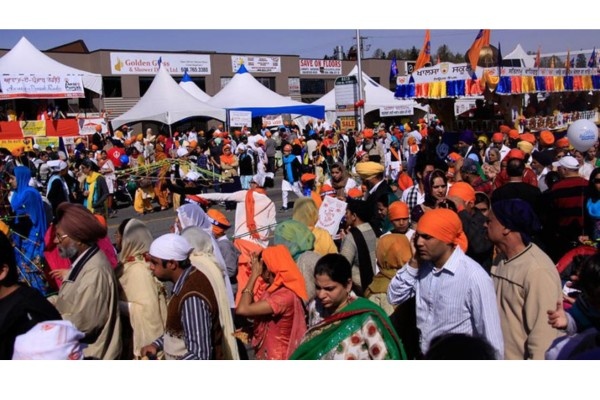 Representational Image / Wikimedia Commons
Representational Image / Wikimedia Commons
Hate speech and harassment targeting South Asians, particularly people of Indian origin, has risen sharply in Canada, according to a new report.
The report, released by the UK-based Institute for Strategic Dialogue (ISD), found that police-reported hate crimes against the community rose by 227 percent between 2019 and 2023, placing them as the third most targeted racial group in Canada, after Black and Arab communities.
Also Read: Regional Canadian police participates in Hindu literacy workshop
On social media, posts containing anti-South Asian slurs surged by over 1,350 percent between 2023 and 2024. From May 2023 to April 2025, more than 26,600 posts included terms like “pajeet”—a derogatory slur specifically aimed at people of Indian origin Sikhs
“Indians are being demonized online and offline with slurs, stereotypes, and explicit calls for deportation,” the ISD stated.
The report attributes much of this rise in hate to Canadian extremist networks, particularly the Canadian alt-right organization, Diagolon. Formed in 2020 and led by former Canadian Armed Forces member Jeremy MacKenzie, Diagolon has played a central role in spreading anti-South Asian rhetoric online.
The group has targeted elected officials, political candidates, and advocacy organizations, often through coordinated harassment and hateful slogans calling for mass deportation.
Diagolon members have openly shared content celebrating the suffering and death of South Asians. In March 2025, two Telegram channels promoted by the group circulated a video showing a South Asian man being hit by a vehicle, captioned: “Yeet the jeet before a jeet yeets you!” The term “jeet” is a shortened form of the slur “pajeet,” and the phrase has become a violent slogan within Diagolon circles.
.jpeg) Volume of posts on X containing anti-South Asian keywords, May 2023 to April 2025 / ISD
Volume of posts on X containing anti-South Asian keywords, May 2023 to April 2025 / ISDIn one post from April 2025, a Diagolon figure wrote, “You’re Sikh, which is the same as Hindu and Pakistani and Bangladeshi to us because you all look, sound and smell the same.” Other content included footage of Indians being struck by trains, which group members reposted with celebratory captions. One Diagolon leader even called for the deportation of Jeff Lal, a Hindu candidate from the People’s Party of Canada.
Extremist narratives escalated during the April 2025 Canadian federal election debate, with over 2,300 anti-South Asian posts shared between Mar.1 and Apr. 20, generating more than 1.2 million engagements.
New Democratic Party leader Jagmeet Singh became a major target during this period. In one post, Sikh voters in Nova Scotia were described as evidence of “demographic replacement proceeding at breakneck speed.” Another widely circulated post labelled a Khalistani activist as an “Indian invader” and demanded his deportation.
Diagolon also attacked civil society groups. When the World Sikh Organization (WSO) posted an election guide about combating hate, it was met with a barrage of slurs. A Diagolon leader responded, “Have you tried f***ing off back to India or Khalistan or wherever the hell you belong?”
Broader impact and transnational spread
ISD’s research, based on ethnographic monitoring and social media analytics, suggests that the rising hate is not an isolated Canadian phenomenon. Nearly a quarter of the hate-filled posts targeting South Asians in Canada originated in the United States, with 36 percent from India. Far-right commentators from the UK and US also contributed to the online vilification of Canada’s Indian-origin population, portraying the country as a failed multicultural project.
The report situates this rise in hate within a broader climate of economic anxiety and shifting immigration policies. With housing shortages and job insecurities dominating the national discourse, public frustration has increasingly been channeled toward visible immigrant communities—particularly South Asians. Advocacy groups say recent efforts by the Canadian government to cap immigration numbers may further embolden xenophobic narratives, even if unintentionally.
ISD concludes that the threat posed by this rise in hate extends beyond law enforcement. “This surge not only threatens the physical and psychological safety of South Asian communities but also deters affected individuals from civic engagement and weakens social cohesion,” the report states.
ADVERTISEMENT
ADVERTISEMENT
E Paper
Video




 Malvika Choudhary
Malvika Choudhary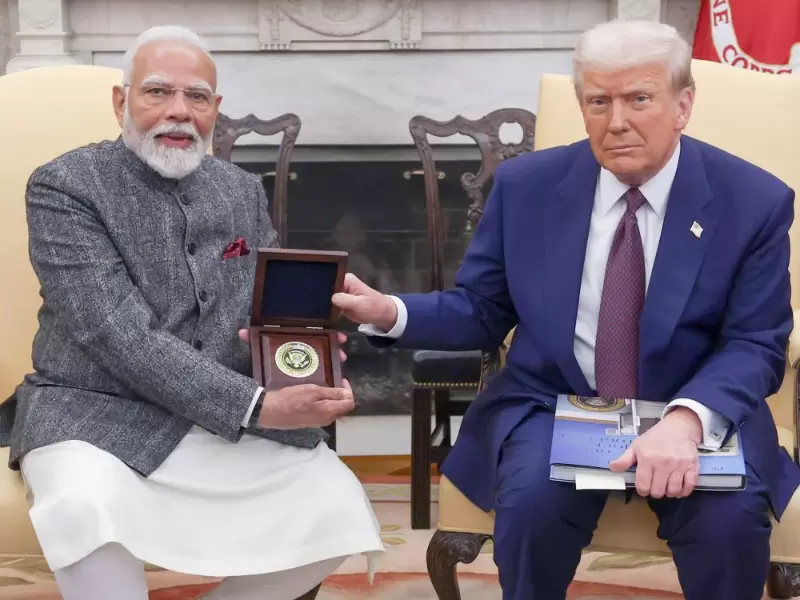
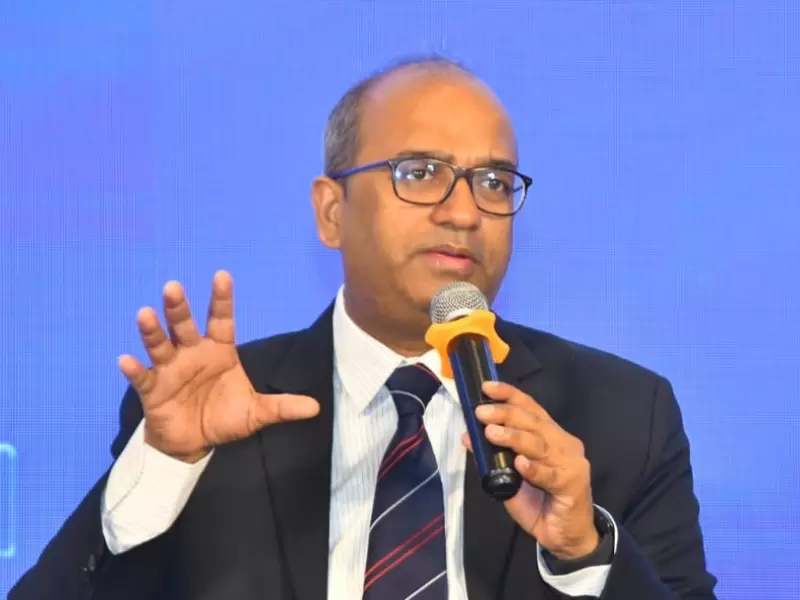
.jpg)


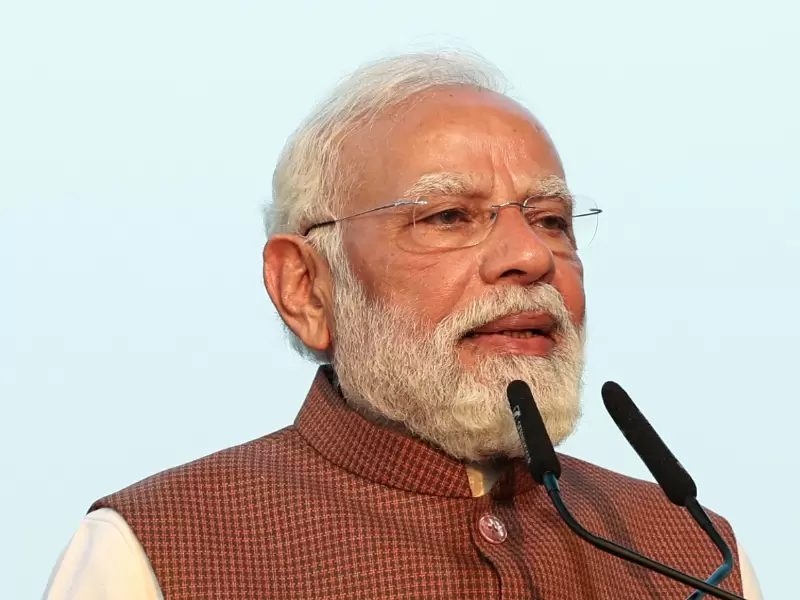

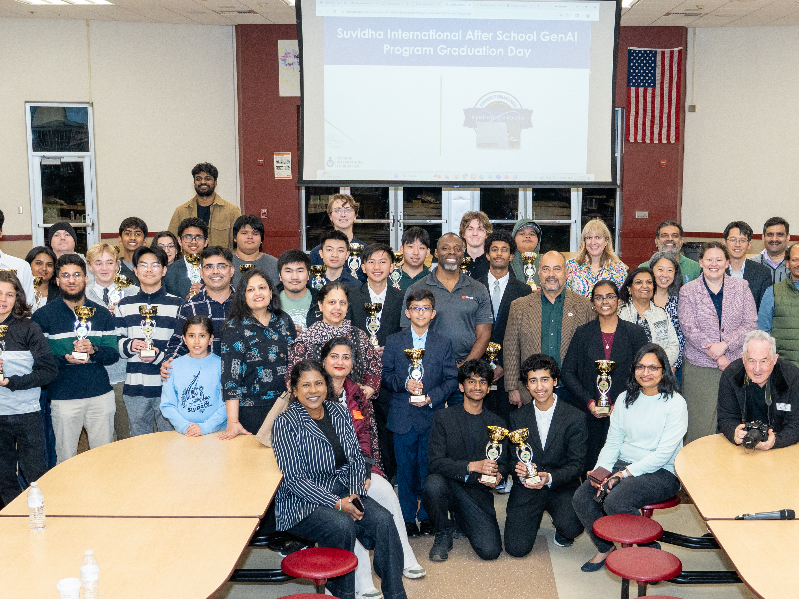


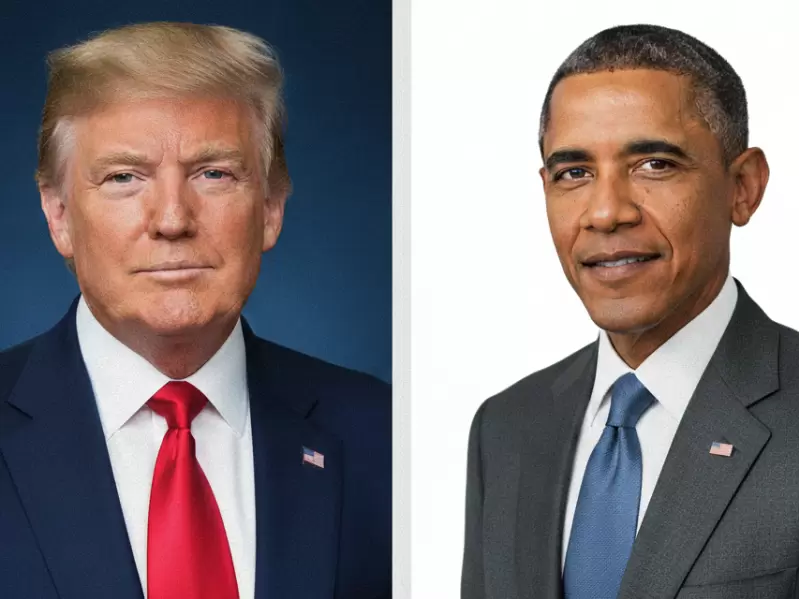
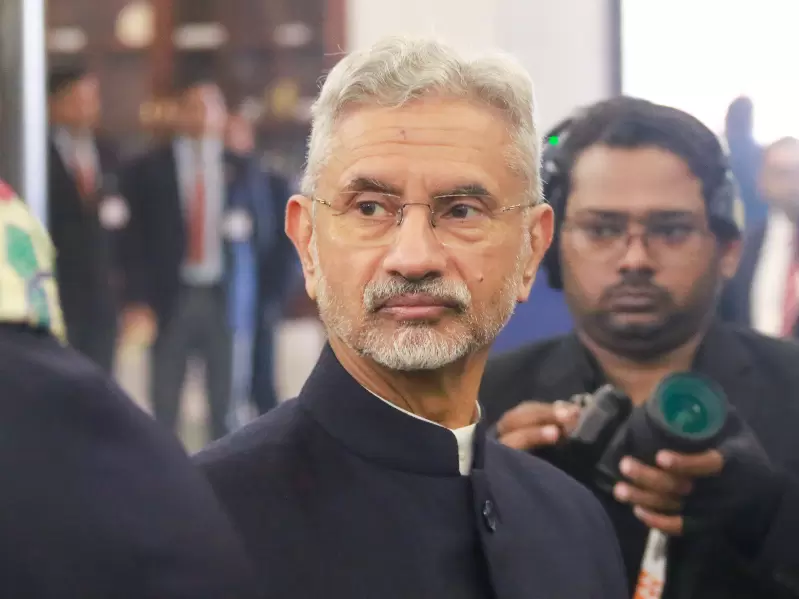


Comments
Start the conversation
Become a member of New India Abroad to start commenting.
Sign Up Now
Already have an account? Login